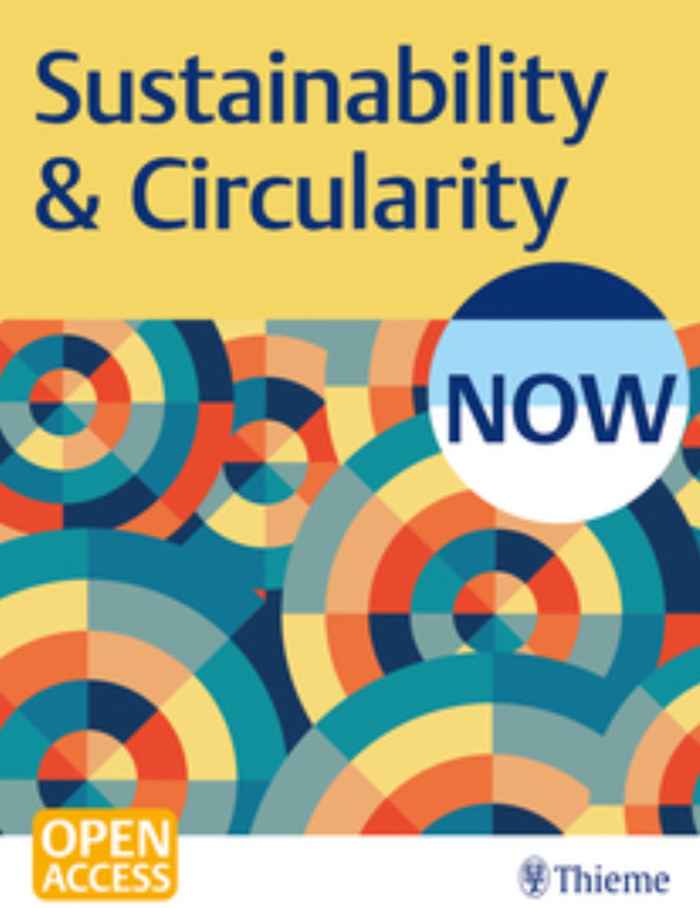Chris Slootweg heads new sustainability journal
30 June 2023

Sustainability & Circularity NOW focuses on solutions to improve existing molecules, materials, and industrial processes as well as revolutionary discoveries of new more sustainable molecules, materials and synthetic procedures. The journal will publish studies on recovery of building blocks from waste, improvement of existing recycling technologies to make recycling easier and more efficient, clean energy, and more. Life cycle assessment studies and case studies to foster public and policy debate will also be reported in the journal.
With the new journal, Slootweg hopes to contribute to the timely development of a sustainable and circular society. “In the past 25 years”, he says, “academia as well as industry have applied the principles of green chemistry to design chemical products and processes that minimize or even eliminate the use of hazardous substances and waste. But there is still a lot of work to do.” He mentions Earth Overshoot Day, the day when humanity's yearly demand on Nature exceeds the Earth's biocapacity. “For the Netherlands, in 2023 that happened already on April 12. To improve that, we need a strong focus on circularity. Having a new platform that highlights the design and discovery of durable, reusable, recyclable products is therefore of key importance.”
Crowd Review
The journal will employ a novel, fast reviewing method called Select Crowd Review that Thieme has been using since 2017. It uses the mechanisms of social media communication to make the review process much faster than classical peer review, with the same or even better quality.
WebCheminar
As part of the launch of the journal, Slootweg will chair a Thieme Chemistry WebCheminar on Sustainable Plastics coming Thursday 6 July from 2:00 PM until 4:00 PM (CEST). The online seminar features Prof. André Bardow (ETH Zürich, Switzerland), Prof. Charlotte Williams (University of Oxford, United Kingdom), and Prof. Gert-Jan Gruter (Avantium and University of Amsterdam, The Netherlands). They will present their latest results in the field of sustainable plastics:
- "Towards Plastics within the Planetary Boundaries" – Prof. André Bardow
- "Sustainable Polymers from Renewable Resources" – Prof. Charlotte Williams
- "The Future of Plastics: Biomass and CO2 as Feedstock for Polyesters with Large Volume Potential" – Prof. Gert-Jan Gruter
Chris Slootweg

Chris Slootweg (Haarlem, the Netherlands, 1978 obtained his PhD in 2005 from Vrije Universiteit Amsterdam under the supervision of Prof. Koop Lammertsma. He then pursued postdoctoral studies at the ETH Zürich with Peter Chen and subsequently started his independent scientific career in 2006 at Vrije Universiteit Amsterdam. Slootweg was promoted to Associate Professor in 2014 and moved to the University of Amsterdam in 2016. He received NWO-TALENT, Vidi and Vici personal grants as well as several PPP grants; he was awarded a Humboldt Research Fellowship for experienced researchers; and he has coordinated the Marie Curie ITN SusPhos. The mission of his laboratory is to educate students at the intersection of fundamental physical organic chemistry, main-group chemistry, and circular chemistry. Chris is co-founder and scientific advisor of SusPhos BV, a pioneering company focused on upcycling phosphate-rich waste streams to generate high-quality alternatives to replace current fossil-sourced products